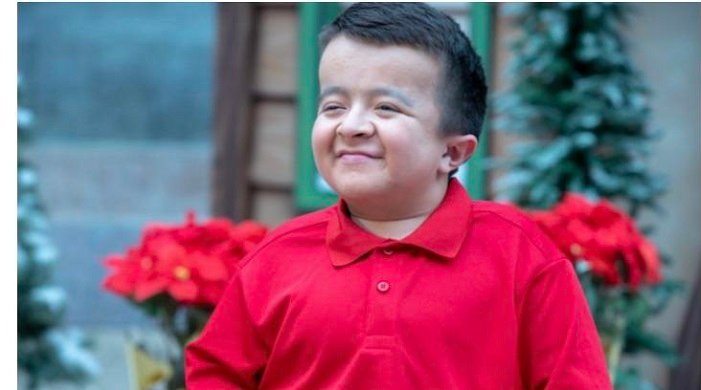
Have you ever wondered if Alec Cabacungan and Kaleb-Wolf De Melo Torres, the charming young stars of Shriners Hospitals for Children commercials, get paid for their appearances? These commercials not only raise awareness for a worthy cause but also feature these inspiring children sharing their stories. In this blog post, I will delve into the details of how child actors like Alec and Kaleb are compensated for their work, offering you a comprehensive understanding of the process.
Table of Contents
ToggleWho Are Alec and Kaleb?
Alec Cabacungan
Alec Cabacungan is a familiar face from Shriners Hospitals for Children commercials. Born with brittle bone disease, Alec has received extensive treatment at Shriners, which has become a significant part of his life. His upbeat personality and compelling story have made him a beloved figure in these commercials.
Kaleb-Wolf De Melo Torres
Kaleb-Wolf De Melo Torres, another young star featured in Shriners commercials, was diagnosed with osteogenesis imperfecta. His joyful and resilient nature has touched the hearts of many viewers. Like Alec, Kaleb has benefited from the specialized care provided by Shriners Hospitals.
Compensation for Child Actors
Child actors, like their adult counterparts, receive compensation for their work in commercials. This payment is a recognition of their time, effort, and talent. Here’s a breakdown of how child actors are typically compensated:
Session Fees
A session fee is a standard payment made to actors for each day they work on set. This fee compensates them for their performance during the shoot. The exact amount can vary based on the commercial’s budget, the actor’s experience, and other factors.
Residuals
Residuals are additional payments that actors receive each time a commercial airs. These payments ensure that actors are compensated for the ongoing use of their work. For national commercials, like those featuring Alec and Kaleb, residuals can add up significantly, especially if the commercial airs frequently.
Trust Funds
To protect the earnings of child actors, a portion of their income is often placed in a trust fund until they reach adulthood. Laws such as the Coogan Law in California require that 15% of a child actor’s earnings be set aside in a trust account. This ensures that the money is preserved for their future and used responsibly.
Know more about: Drew Brees Makes His NBC Debut
Legal Protections for Child Actors
The entertainment industry has established strict regulations to protect child actors. These regulations cover various aspects of their work, including working hours, education, and compensation. For instance, child actors must have a designated number of hours for education and rest, ensuring that their work does not interfere with their overall well-being.
Working Hours and Conditions
Child actors are limited in the number of hours they can work each day and week. These limitations vary based on the child’s age and are designed to ensure that their health and education are not compromised.
Education Requirements
On-set tutors are often provided to ensure that child actors keep up with their schooling. This helps balance their education and acting careers, ensuring they do not fall behind academically.
Why Alec and Kaleb Participate in These Commercials
While compensation is a factor, Alec and Kaleb’s participation in Shriners Hospitals for Children commercials goes beyond monetary gain. Their involvement helps raise awareness and funds for the hospitals, which provide essential medical care to children regardless of their families’ financial situations. Alec and Kaleb’s stories highlight the transformative impact of Shriners Hospitals, encouraging donations and support from the public.
The Impact of Their Stories
The stories of Alec and Kaleb resonate deeply with viewers, making the commercials highly effective. Their genuine experiences and positive attitudes not only inspire but also bring significant attention to the important work done by Shriners Hospitals. The commercials serve to educate the public and garner much-needed support for the hospital’s mission.
Conclusion
In conclusion, Alec Cabacungan and Kaleb-Wolf De Melo Torres are compensated for their appearances in Shriners Hospitals for Children commercials. Their work as child actors is governed by industry standards that ensure fair compensation and legal protection. Beyond the financial aspect, their participation in these commercials plays a vital role in raising awareness and support for a crucial cause.





